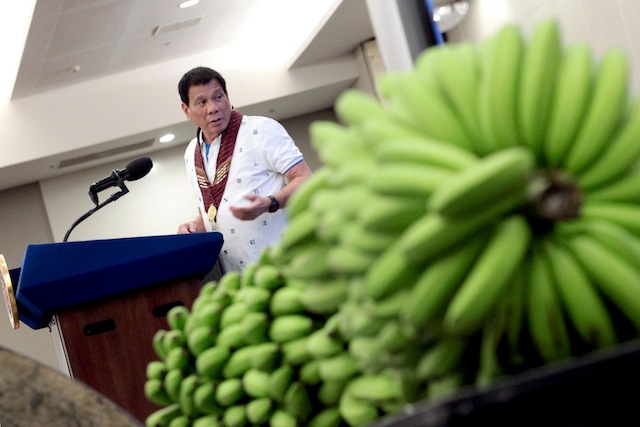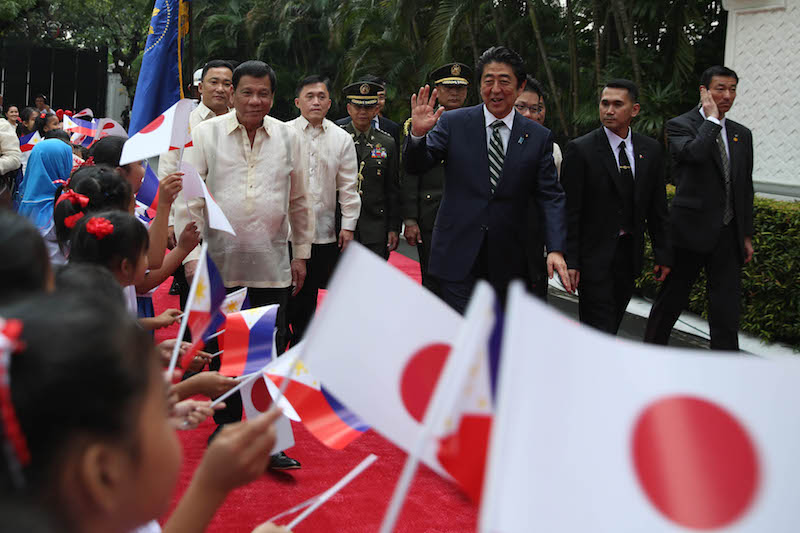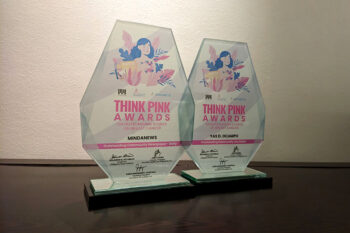DAVAO CITY (MindaNews / 29 October) — The executive director of the Pilipino Banana Growers and Exporters Association (PBGEA) hopes President Rodrigo Duterte will be able to encourage the Japanese government to relax if not lift the imposition of hefty taxes on Philippine bananas during his two-day working visit in Japan.
Duterte and his economic team will leave Davao City for Japan Sunday evening y and will return home on Tuesday.

PBGEA Executive Director Stephen Antig said he hopes Duterte can at least negotiate with the Japanese to lower the tariffs to encourage more shipment of Philippine bananas.
Antig said said exporters pay 18.4 percent tariff rates during winter (December to February) and 8.
4 percent during summer (June to August).
“That will definitely increase volume of bananas going to Japan and give the industry a breathing space,” he said.
He appealed to government to expedite the negotiation as their global competitor, Ecuador, is eating into the country’s market share not only in Japan but also in South Korea and Middle East.
Based on the 2016 report released by PBGEA, Japan was the biggest buyer of Philippine bananas at 550,079 metric tons, followed by Middle East 403,259 MT, South Korea 224,192 MT, and China 107,489 MT.
“The competition now is no longer company versus company but country versus country,” he said.
Speaking on the first day of the Banana Congress at SMX Convention Center Davao on October 6, Dole Asia Holdings chair David DeLorenzo said the Philippines’ market share in Japan dropped to 81 percent last year from 93 percent.
“Just as worrisome as the Philippine lost market share, however, or perhaps more worrisome, is the overall drop in consumption in Japan. The total market dropped by 24 percent (per capita consumption),” he said.
He said the culprit to the decreasing per capita consumption of bananas in Japan was the exchange rate, or the devaluation of Yen against the US dollar, that discouraged the Japanese market from consuming bananas due to price elasticity.

“To gain back the consumer, and increase per capita consumption, we have, and will need to further lower our prices in Japan. We probably can’t lower our costs by 40 percent, although higher productivities will help, as will a weaker peso on this end,” he said.
“The real silver bullet, however, will be to get the Japanese import duties on Philippine bananas reduced,” he said.
In his Facebook post on Saturday, Agriculture Secretary Emmanuel “Manny” Piñol said among the issues that will be taken up between Duterte and Abe is the request of fruit producers from the country to lift all tariffs on banana, pineapple and mango.
Among the issues expected to be discussed by President Duterte with Japanese Prime Minister Shinzo Abe is the request of Filipino fruit producers for Zero Tariff for banana, pineapple and mango.
“However, Ecuador, a major banana producing country, has been given Zero Tariff for its bananas exported to Japan allowing it to eat into the market share of the Philippines,” he said.
Piñol added the Philippines used to dominate the Japanese banana market but Ecuador is making “inroads into the Japan banana market because of the Zero Tariff privilege it earned.
”
“While Japanese consumers, according to surveys conducted, prefer Philippine bananas, trading companies are starting to shift to Ecuadorian bananas because of economic considerations,” he said. (Antonio L. Colina IV / MindaNews)







